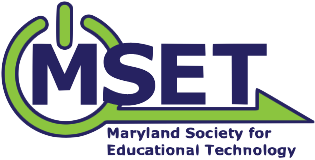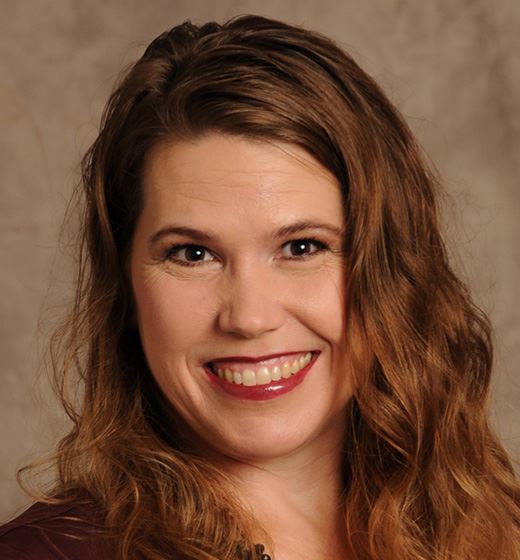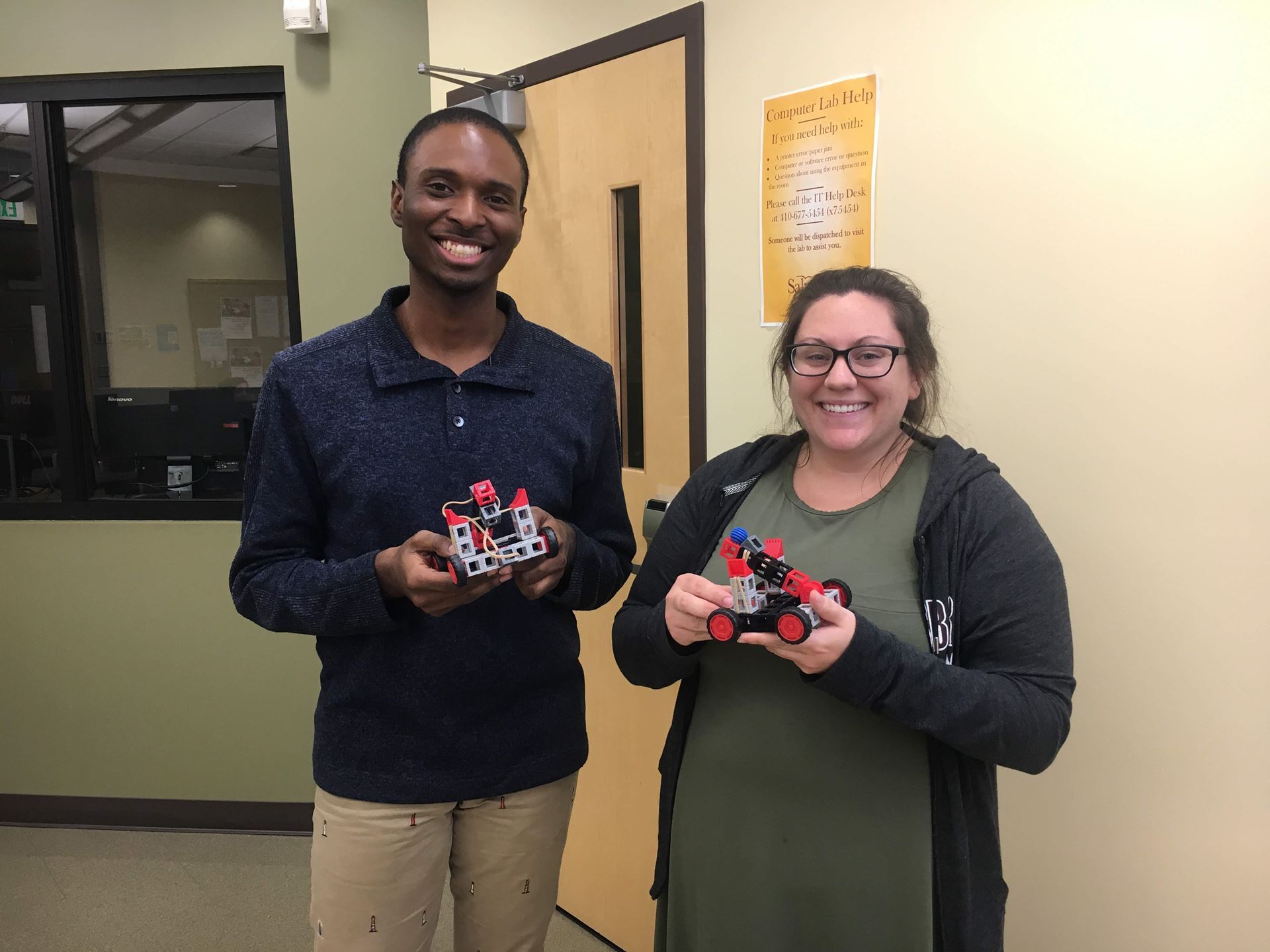Gina Solano, right, is shown working with an undergraduate students at Salisbury University. Solano was recognized as this month's Digital Learning Showcase recipient. | September 2019 |
Featured Educator: Gina Solano, PhD |
Solano Raising the EdTech Bar in Higher Education |
"Dr. Solano is an innovative educator who stays on the cutting edge of educational technology. Her classes are exciting places to be as she uses a hands-on approach to teaching the integration of educational technology into the classroom." - Dr. Douglass DeWitt, Chair of Department of Educational Leadership Salisbury University Salisbury, Md. -- The Maryland Society for Educational Technology (MSET) is proud to announce its September 2019 Digital Learning Showcase Recipient Dr. Gina L. Solano, Assistant Professor of Educational Technology at Salisbury University. A new face to the Seidel School of Education, the second year Seagulls’ professor is quickly making her presence known by the educational technology work her undergraduate and graduate students are doing in the field. Solano believes it’s imperative for students to have experience with multiple tools -- web-based and app-based -- to truly have a deep understanding of how those tools can be used within one’s classroom instruction. “Dr. Solano is an innovative educator who stays on the cutting edge of educational technology. Her classes are exciting places to be as she uses a hands-on approach to teaching the integration of educational technology into the classroom,” colleague and Department Chair Dr. Doug Dewitt touted about Solano’s ability to transform learning.
However, the shift to graduate level work has a more intense focus on developing a deeper knowledge base of specific tools and how it can support learning in the 21st Century classroom versus introducing multiple tools to teacher candidates in undergraduate courses. “I want to see grad students hardness technology tools to support authentic learning applications they can instantly use in their classrooms,” Solano explained, "as often most courses never look the same twice as each graduate student comes with different needs." She also shared that: “listening and learning about the struggles and limitations grad students are facing in the field is a huge part of what we discuss in each class; similarly knowing the tools they have readily available in their schools allows me to offer the best learning experience for them." “At the beginning of the semester, I’ve often used an interest survey with a list of topics because each school and district is different. Some semesters I find myself teaching graduate students Smart Board components extensively and other semesters, I don’t teach it at all because there isn’t any interest or need for it. Finding out what students are interested in learning about helps me stay in tune with their needs.” Solano’s desire to assist educators goes far beyond the Salisbury campus as she offers to assist her graduate students’ by co-teaching new tools with them in their classrooms. “I love being invited into their classrooms; I want to get involved in their schools beyond teaching them in one course. Being invited into schools allows me to better assist my students, and it allows me to have a greater understanding of the schools in our local area,” Solan articulated. “Getting comments back from principals after having my students student teach or having current teachers model a new technology tool in their schools, is the greatest feeling. I am probably most proud of the reputation my students have for their technology skills out in their schools. They continue to build a comfort level, but more importantly are impacting the lives of students through our professional learning that happens in class.” On the research front, Solano’s passion burns for professional development and how educators are learning about educational technology tools and the implementation of those tools. Her diligent effort has led her to publish and present on the regional, national, and international stages. “My hope is that my research offers insight into how educational technology can support professional learning and be taken into consideration at the state level for teacher licensure,” she explained. “Knowing where teachers find the best educational technology professional development is important as education continues to evolve in a technology-driven society.” About Digital Learning Showcase MSET is taking the opportunity to highlight best practices in classroom teaching, leading, and learning with educational technology from around the state of Maryland. The goal is to spotlight innovations of members and nonmembers throughout different public and private school settings. Each month teachers, school leaders, and community members are asked to nominate individuals who support innovation and educational technology in a school setting. MSET is non-profit organization with the purpose of promoting the improvement of the teaching-learning process through effective technology integration into all curricular areas as well as fostering and promoting excellence technology in education. MSET is an affiliate of the International Society for Technology in Education (ISTE), a leading international network for technology professionals. |


